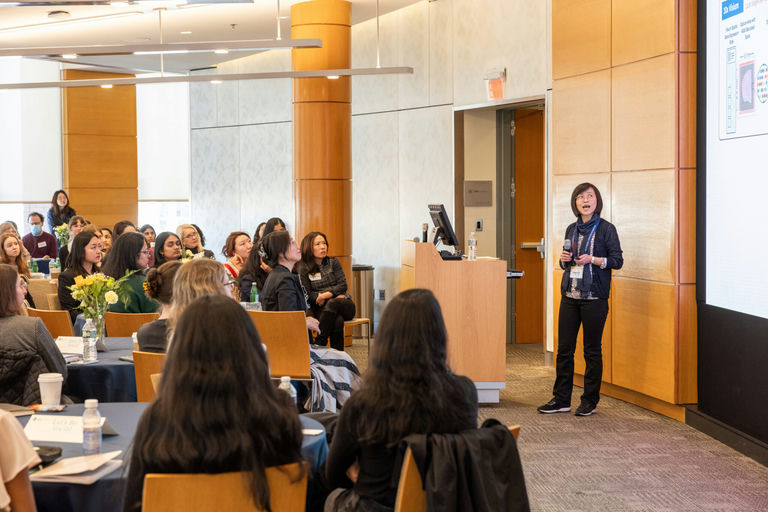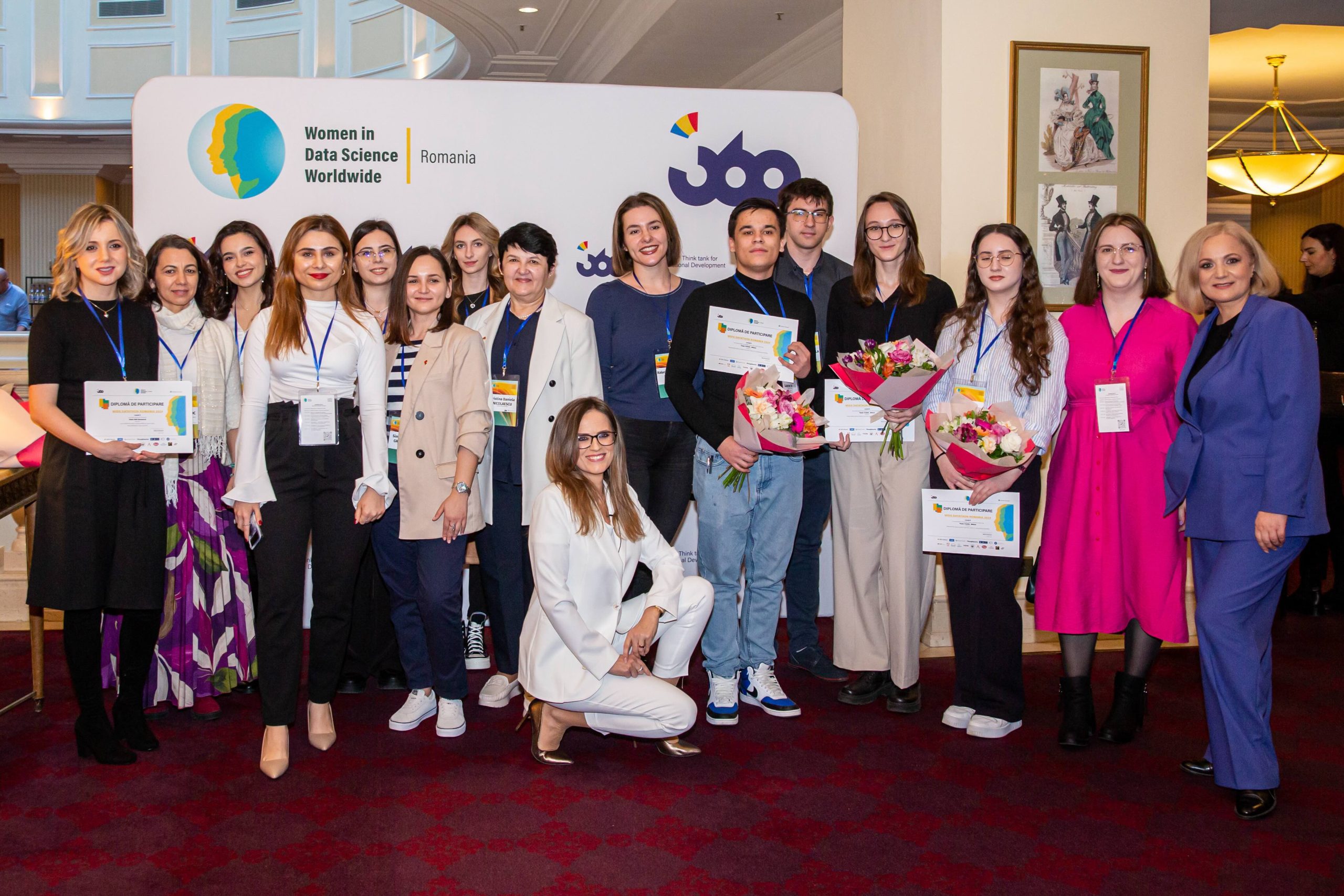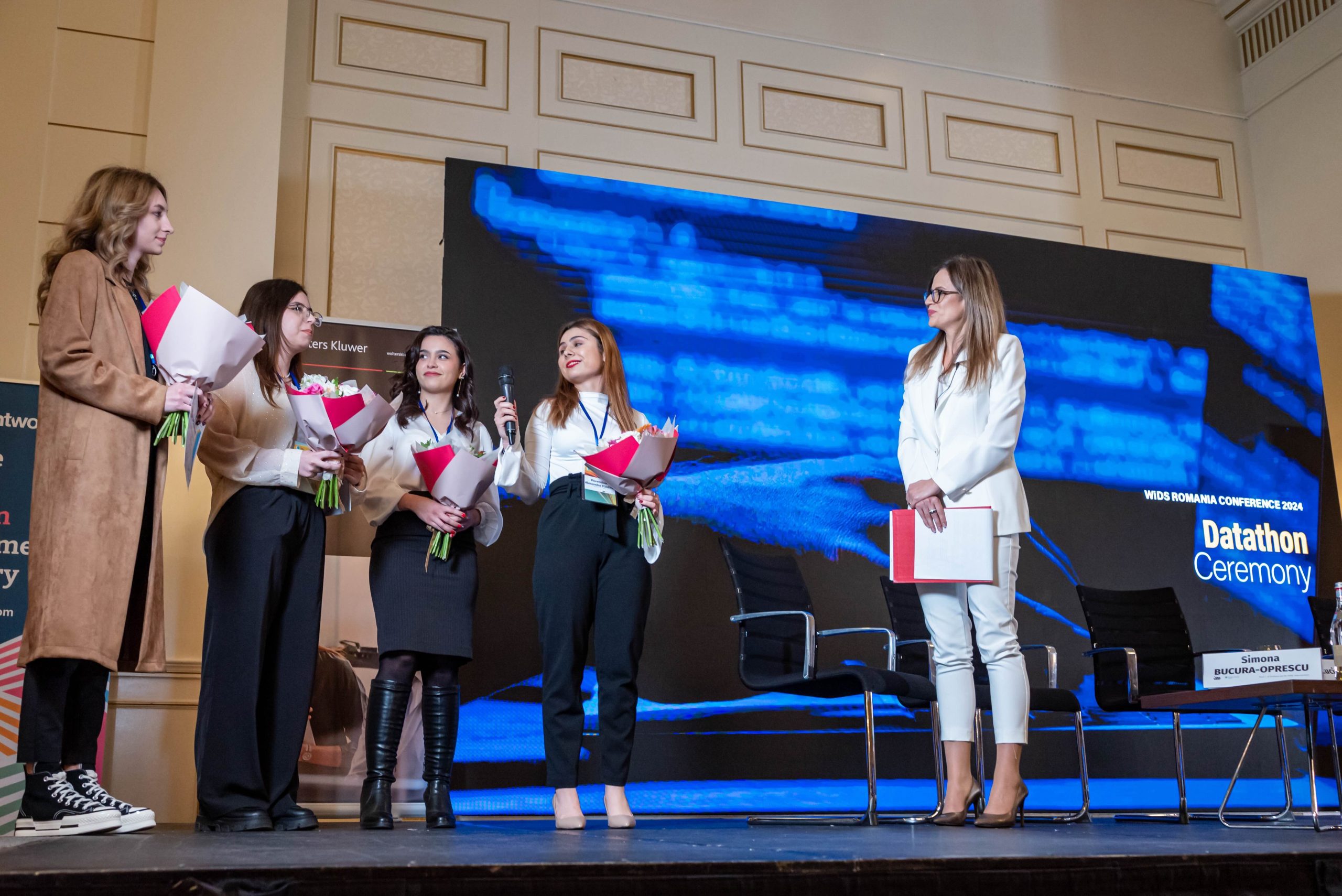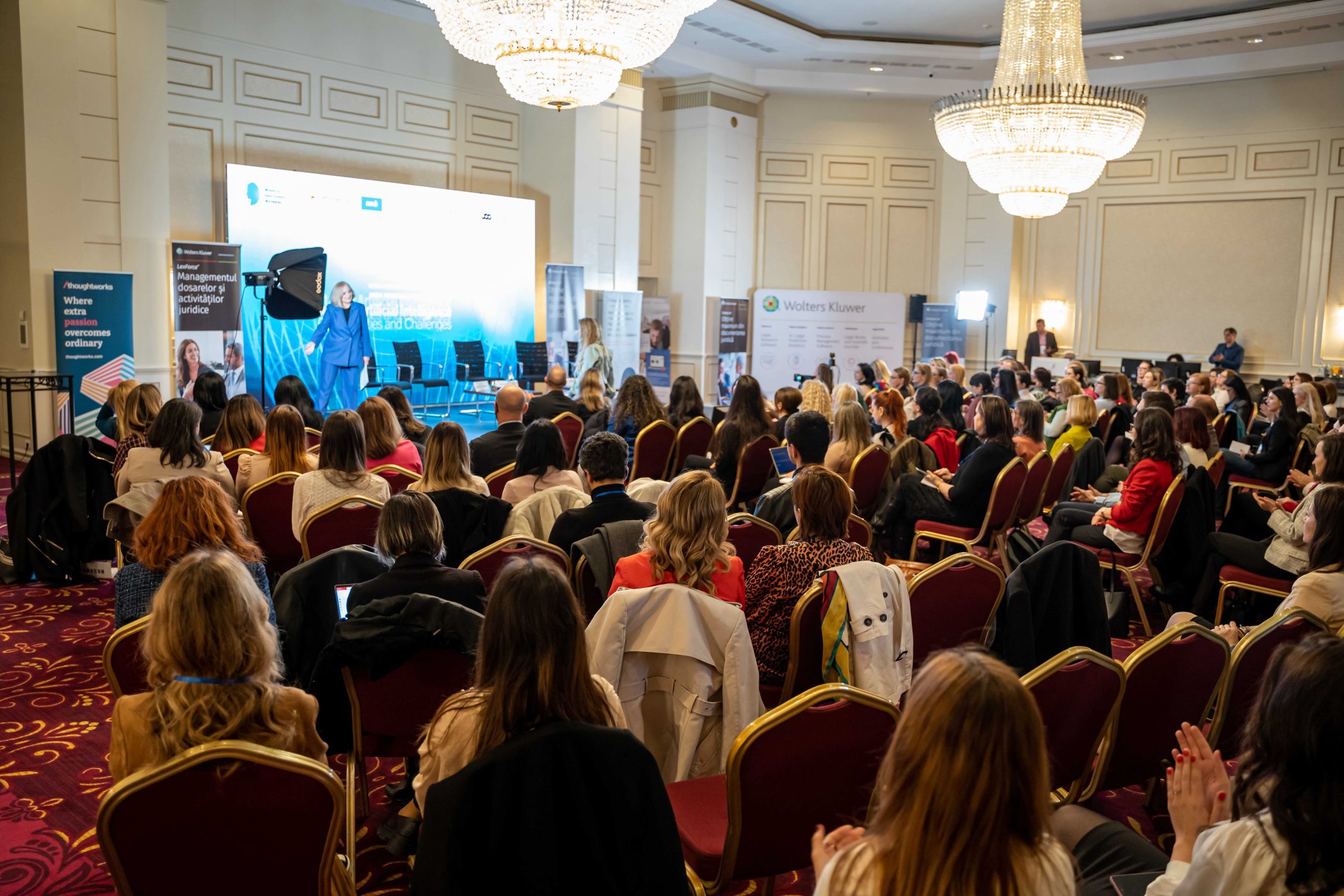WiDS Hyderabad
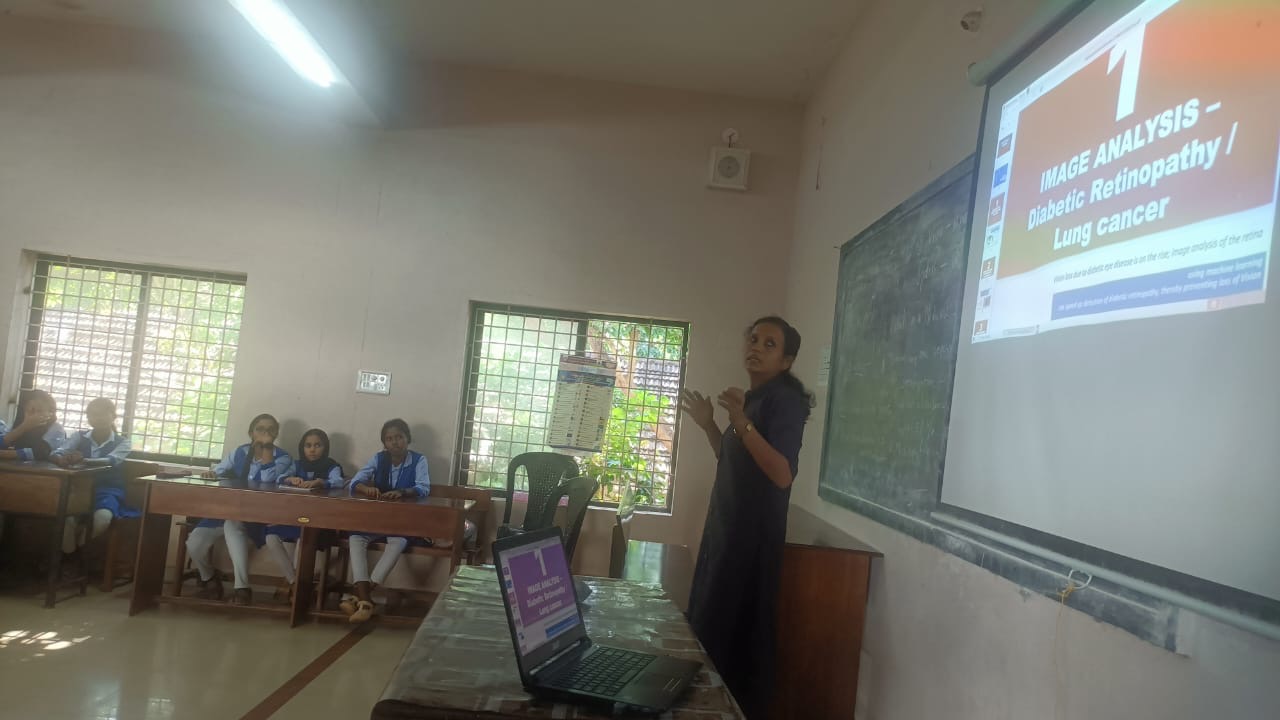
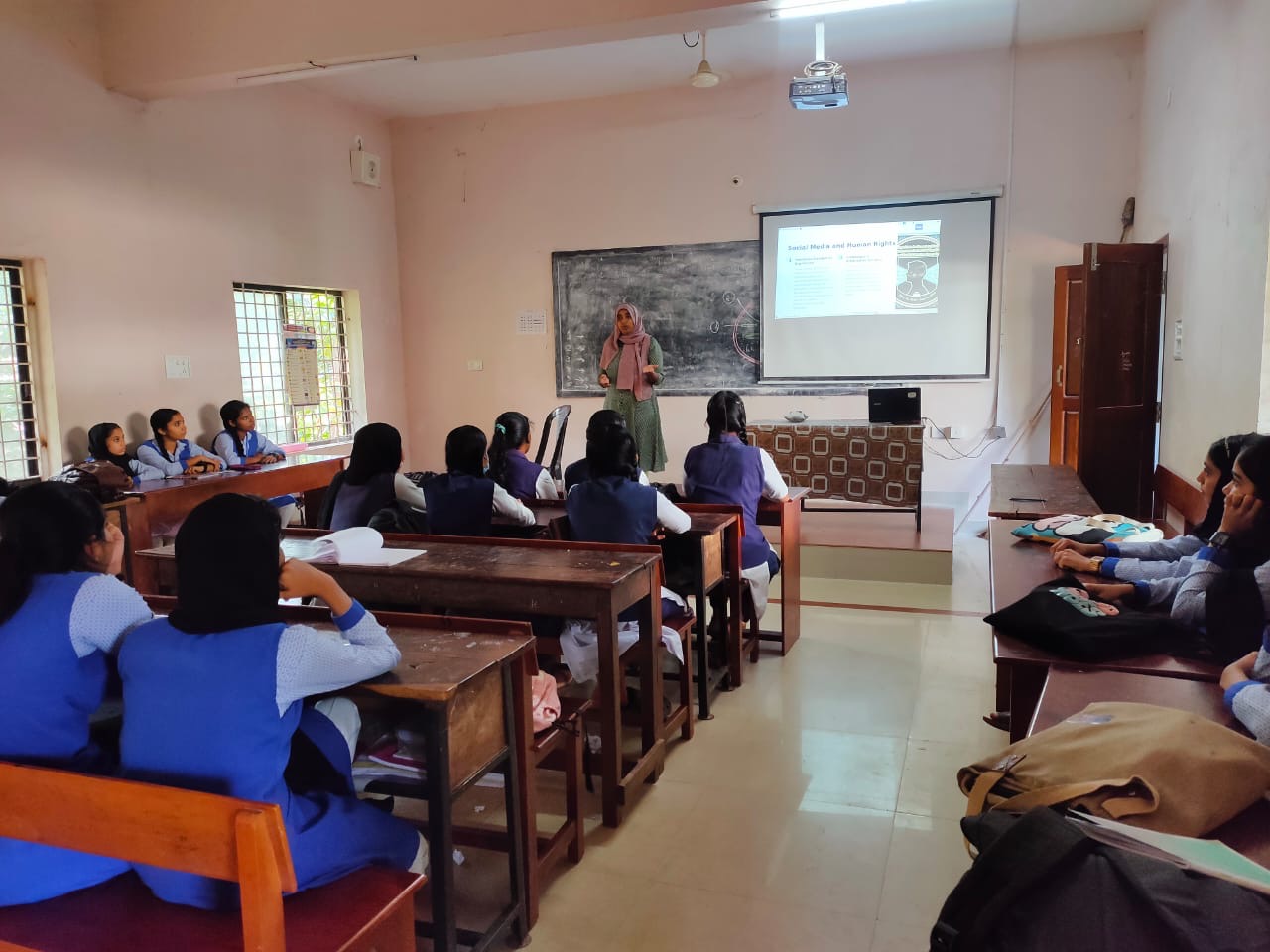
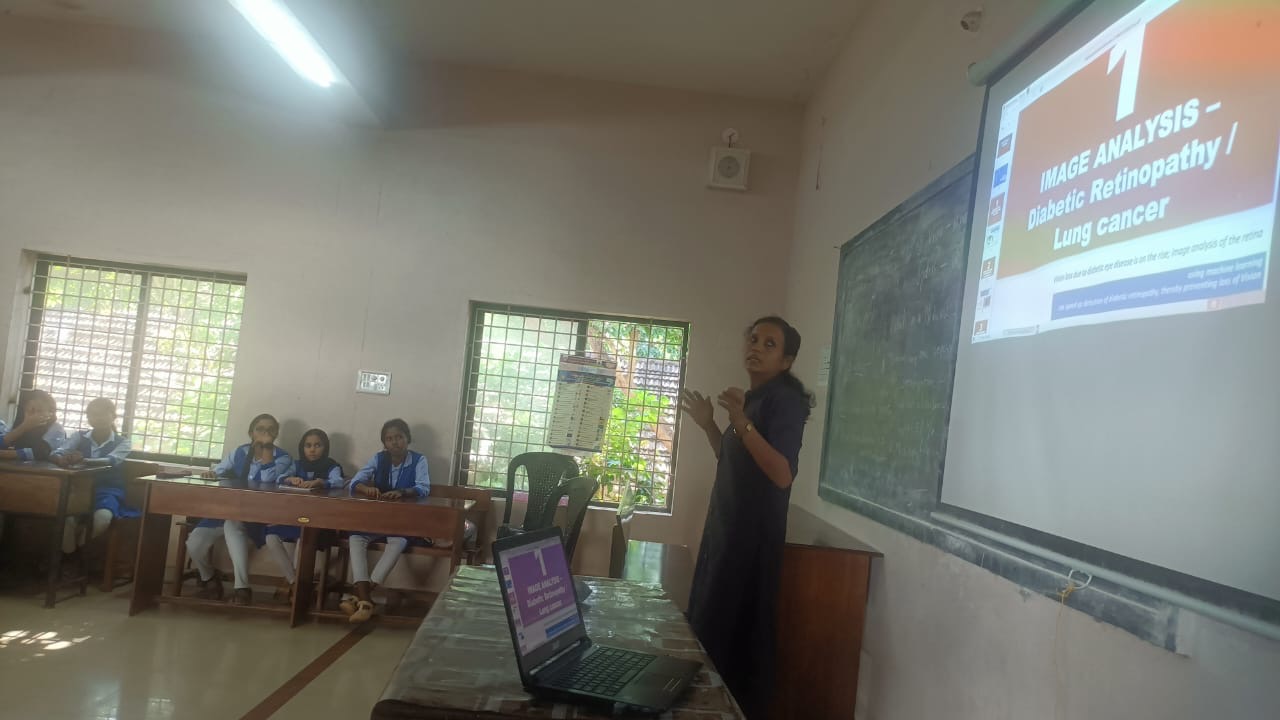
WiDS @ DataDose
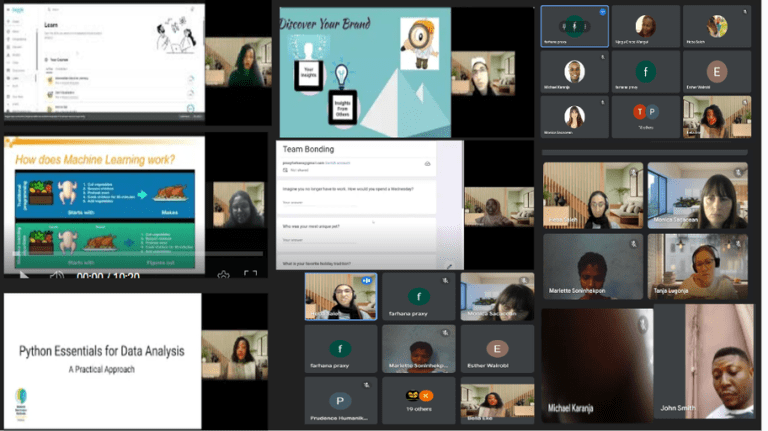
The WiDs Upskill Workshop, hosted by Bella Eke at DataDose, represented a milestone in professional development within the data science community. This meticulously organized event, held via Teams on January 20th and 27th, 2024, garnered substantial attention, with over 160 registered participants demonstrating a keen interest in advancing their skills in data analysis and machine learning.
Under the guidance of esteemed instructors and mentors including Tanja Lugonja, Farhana Agufa, Heba Saleh, Njogu Grace, , and Srilatha Addanki, the workshop offered a comprehensive curriculum covering vital topics such as Personal Branding & Career Development, Python for Data Analysis, Demystifying Machine Learning, Introduction to Statistical Analysis, Kaggle, and Kaggle datasets.
Delivered in a hands-on, immersive format, the workshop catered to a diverse audience, ranging from data enthusiasts to absolute beginners and seasoned professionals alike. Such broad appeal not only underscored the relevance of the workshop’s content but also spoke volumes about its effectiveness in meeting the varying needs of participants at different proficiency levels.
The workshop’s success reverberated beyond its immediate impact, attracting the attention of academic institutions that swiftly mobilized to enroll their students in this exclusive learning opportunity. This groundswell of interest has since evolved into a vibrant DataDose community, fostering collaboration and knowledge-sharing on platforms such as LinkedIn and WhatsApp.
Within these digital spaces, members actively engage in dialogue, exchange valuable insights, tackle challenges, and participate in weekly webinars aimed at reinforcing learning objectives, sharing best practices, and leveraging available resources. Such collective efforts not only fortify individual skill sets but also contribute to the overall growth and cohesion of the DataDose community.
Looking ahead, the organizers are committed to building upon this momentum by expanding the scope of offerings and hosting additional events tailored to the evolving needs of community members. As DataDose continues to flourish, it remains steadfast in its mission to empower individuals in their pursuit of excellence in data science and analytics.
For those interested in joining the DataDose community and benefiting from its wealth of resources and networking opportunities, please find our WhatsApp group and our LinkedIn group.
WiDS Maastricht
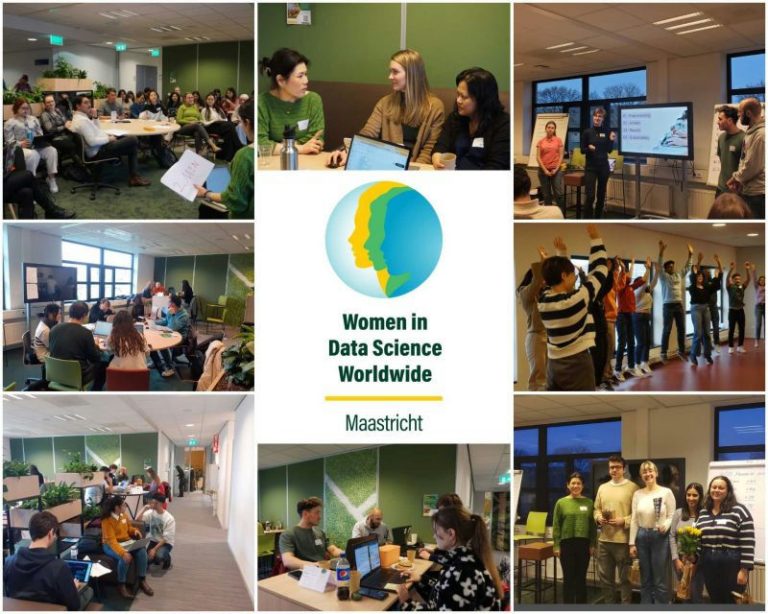
On 2-3 February 2024, the Institute of Data Science, Department of Advanced Computing Sciences at Maastricht University hosted the 5th Women in Data Science (WiDS) Maastricht Datathon Event in person. The event comprised data science tutorials, a two-day hackathon, a pitch session, and networking activities. Nearly 60 participants, forming 15 teams from academia and industry, spanning various backgrounds and career stages, convened to enhance their data science skills by addressing a Breast Cancer treatment data challenge. During the pitch session, teams presented their methodologies, discussed model bias and fairness, and shared insights gained over the two days. The Responsible Data Science Pioneer Team Winner, TheBombAIstics (comprising Mireia Fortuño Ledesma, Maria Aurora Bota, Shraddha Jhingan, and Adolfo Fernández Santamónica), master’s students from the Department of Advanced Computing Sciences at UM, was congratulated. The competition continues until 2nd March, with the final winner to be announced during the WIDS Maastricht Conference on 7th March.
WiDS Ile Ife
The event was a truly enlightening experience, offering a comprehensive exploration of various facets within the realm of health analytics. Over the course of three days, attendees were treated to a diverse array of topics, each presented by knowledgeable speakers.
On the inaugural day, the focus was on laying the groundwork with an “Introduction to Health Analytics.” The speaker delved into an array of health data sources, elucidated the different types of analytics, and provided insights into the practical applications of health analytics.
The following day, the spotlight shifted to the critical aspect of ethics in health analytics. The session on “Ethical Considerations in Health Analytics” underscored the paramount importance of obtaining consent during data collection processes.
The event culminated with a deep dive into “Feature Engineering Techniques in Health Analytics,” offering attendees valuable insights into refining and optimizing data for analysis.
Overall, the event was a resounding success, with participants hailing from diverse corners of the globe. The interactive nature of the sessions, including hands-on exercises with mentors, fostered a dynamic learning environment. With a maximum participation of 15 individuals, the event facilitated meaningful connections and knowledge exchange among peers.
WiDS San Francisco
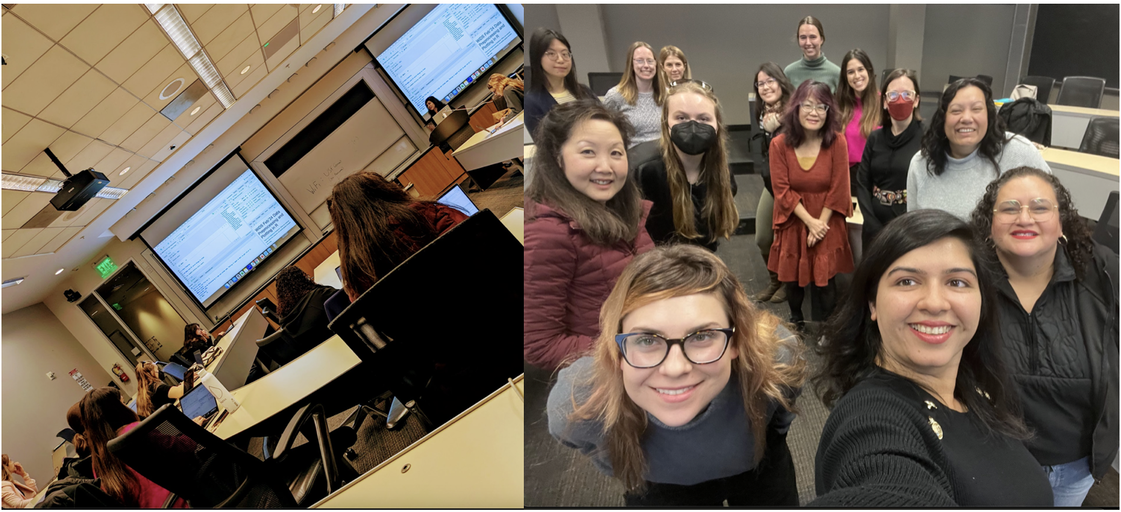
“WiDS San Francisco ambassadors Christy Bergman, Diane Woodbridge, Alex Zharchuk, Cassandra Telenko, and Madhuri Gupta organized a WIDS Level-up Workshop in San Francisco.
42 people registered to attend, but on a rainy Saturday in February, fourteen women gathered in-person to learn about Data Wrangling in R and AI in Python. Diane Woodbridge, professor at the University of San Francisco’s Data Institute offered up the classroom.
Cassandra Telenko hosted the event, introducing the speakers and managing the schedule.
Madhuri Gupta gave a talk on Data ingestion, preprocessing, and plotting in R.
Alex Zharchuk gave two talks on dplyr in R and also on data integrity best practices.
Christy Bergman gave an introduction to AI RAG (Retrieval Augmented Generation), a suggested way for Data Scientists to get started with AI by preparing and passing custom data to a LLM model (such as ChatGPT).
We shared lunch together at the farmer’s market at the San Francisco Ferry building and had more networking time at the end of the event. We made connections, shared our projects, learned from each other, and offered ongoing support and encouragement to each other. It was a small, but very engaged audience!
WiDS Philadelphia @ Penn
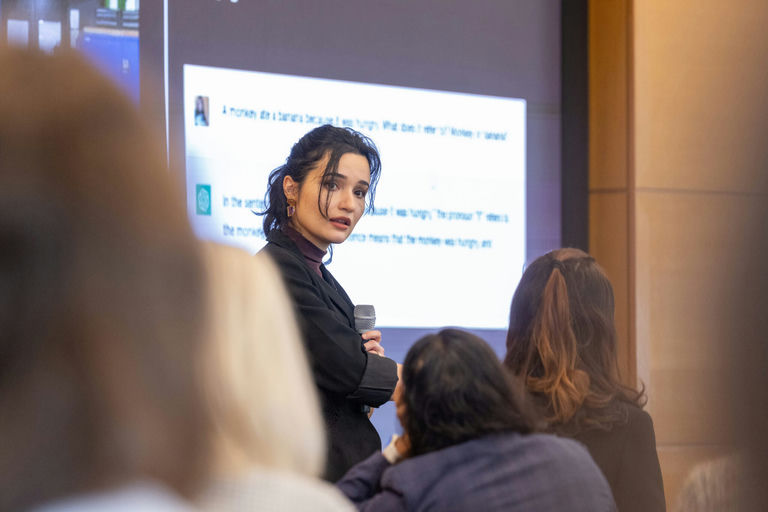
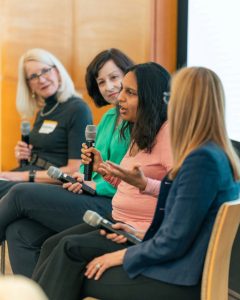
Analytics at Wharton and Penn Engineering had the distinct pleasure of hosting the fifth annual Women in Data Science @ Penn (WiDS @ Penn) Conference on February 8th and 9th. A celebrated interdisciplinary event, WiDS @ Penn is part of the larger WiDS Worldwide initiative, which aims to elevate and celebrate the outstanding work of women on a global scale, fostering respect, collaboration, connection, and visibility within the data science community.
The conference got off to a historic start on Thursday, February 8, as attendees participated in a guided tour of the Penn Museum. Expert Museum staff introduced attendees to powerful female figures throughout ancient history and highlighted the adventurous women who excavated ancient sites and translated yet-to-be-deciphered scripts. Key figures among the museum exhibits were Enheduanna, a Sumerian priestess who likely bears the title of the world’s first named author, and Queen Puabi, whose decadent wardrobe accentuates the museum’s vibrant and wide-ranging collection.
Following the tour, the group gathered to hear about the Evolution of Data Storytelling in a presentation from Sarah Linn, PhD, Assistant Director of Academic Engagement at the Penn Museum, and Jamie Samper, PhD, Associate Director of Computing & Research Support at Analytics at Wharton. Together, the pair illustrated how storytelling has always permeated our day-to-day lives, from historic artifacts to cutting-edge datasets.
The positive energy from Thursday evening at the Penn Museum continued bright and early on Friday, as more than 120 attendees across industry and academia made their way to the eighth floor of the Wharton School’s Huntsman Hall for a day of presentations, networking, and celebrating the great work women are accomplishing in the field of data science.
Nasrin Mostafazadeh, Co-Founder of Verneek AI and the keynote speaker, started the conference off by taking attendees on a journey through the modern history of artificial intelligence, charting its humble beginnings, its occasional financial and industrial “winters,” and finally its recent, world-altering rise. While Mostafazadeh has been an expert in the field since long before ChatGPT, it hasn’t always been a welcoming experience.
“I’ve been the only woman in every single room I’ve been in my whole life,” she said, “from when I was a kid trying to be a computer scientist back in Iran, to now in the U.S. being an entrepreneur and having my own company.” She remarked that events like WiDS @ Penn offer essential opportunities for women to collaborate and share ideas in the field of data science – especially younger women and girls. “I have been a big advocate of getting more women into the field of computer science and technology from earlier ages.”.
Wharton junior Annie Wang, a young female data scientist in her own right, presented on her work with the Kimmel Cultural Center in Philadelphia as part of her participation in the Analytics Accelerator. This is an eight-week project hosted by Analytics at Wharton each semester that pairs teams of students with companies to help them wrangle their data and provide solutions to real business questions. Annie demonstrated a churn model with 70-plus features that her team created for the Kimmel Cultural Center to develop an optimal email schedule.
“The Women in Data Science Conference is such a great way for females to come together to not only discuss the innovations and advancements in Large Language Models (LLMs), AI, and data science in general, but also to really put the way forward to encourage more female students to explore the field of data science in general,” said Wang.
Hamsa Bastani, Associate Professor of Operations, Information, and Decisions at the Wharton School, Lilach Mollick, Director of Pedagogy at Wharton Interactive, and Hether Danforth, General Manager of Education Solutions, US Education and Academic Medical Centers at Microsoft, held a panel discussing the various and perhaps unexpected ways generative AI models are poised to impact jobs, education, and research.
When asked how generative AI is impacting the healthcare space, Bastani, who is also the faculty co-lead of the Wharton Healthcare Analytics Lab, offered an optimistic but cautioned outlook. “I think we’re getting to the point where healthcare costs are rising so much that we have to do very careful resource allocation, whether that resource is physician time…or drug shortages, every problem we’re thinking about is who needs it most?”
“Generative AI is an awesome technology that has the power to reduce these resource constraints. If you have physician or nursing shortages, and you can use these tools, for example, to fill out or at least draft medical notes, then we might be able to better leverage their time towards being patient-facing and actually collecting things that only a human can collect.”
While the utility offered by these new tools is sure to help improve some aspects of the healthcare experience, Bastani was quick to point out how much work needs to be done to improve the models that inform AI output.
“We have a lot of these case studies where people will say, [for example], a female patient asked about symptoms they were having that looked like a heart attack, but the AI model said that women probably needed psychological therapy or something like that. Whereas, if a man puts in those same symptoms, it immediately directs them to ‘heart attack.’ This is partly because of human data – we’ve generally not diagnosed heart attacks well for women. We have for men. It’s unclear how we are going to go about resolving those issues.”
With so many of the conference’s presentations focusing on AI, audience members were introduced to new and novel approaches for better serving their customers at work. Adriana Ochoa of Project SEED, a Delaware-based non-profit building self-reliance and sustainability, didn’t enter the day with an extensive data science background, but she left feeling more informed and energized about these emerging technologies.
“I was hoping by attending this conference that I would be able to generate a more informed needs assessment for the communities that we serve. My experience at WiDS has been very positive and informative. It’s like my mind has been expanded to a completely different field that I hadn’t been exposed to before. As we work with different mentees from different ages, the field of AI is something that’s going to be important to bring back to the communities that we serve,” she said.
WiDS Lima @ UP
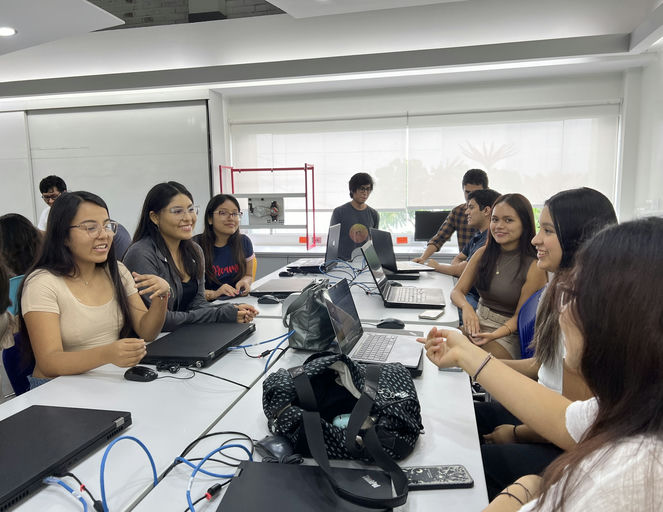
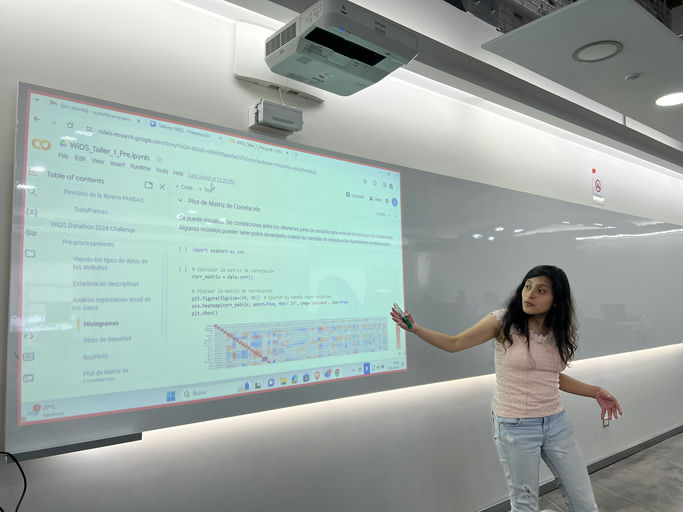
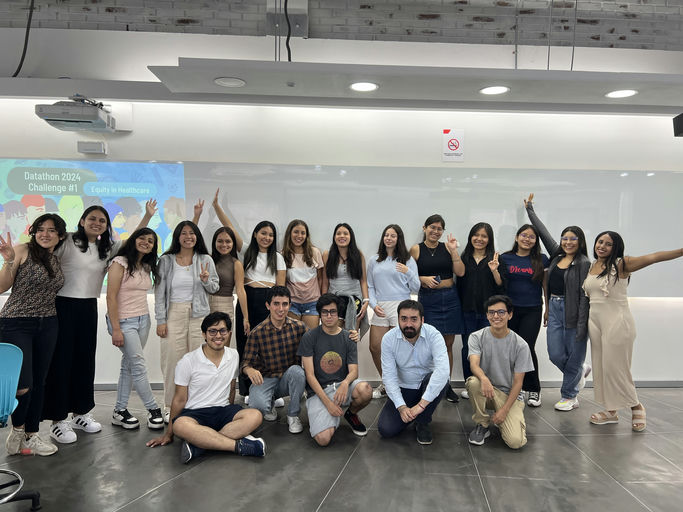
The WiDS 2024 Datathon presentation at Universidad del Pacifico on February 15th, 2024, drawed in a diverse group of attendees eager to engage with data science challenges!
Attendees were introduced to the theme of this year’s datathon and provided insights into the dataset along with essential preprocessing techniques. Moreover, participants were guided through an introduction to Python, empowering them with practical skills to tackle the upcoming challenge.
One of the event’s top highlights was the opportunity for attendees to network and form teams, fostering collaboration among participants. This collaborative spirit not only enhanced the overall experience but also facilitated knowledge sharing.
Paula Ramos, a data science student at UP, shared her testimonial: “The WiDS Datathon presentation was really enlightening and inspiring as we got to know more about the challenge and the conference held at Stanford University. As well, it was a great opportunity to get to know new people, especially wonderful women”.
WiDS Lima @ UP
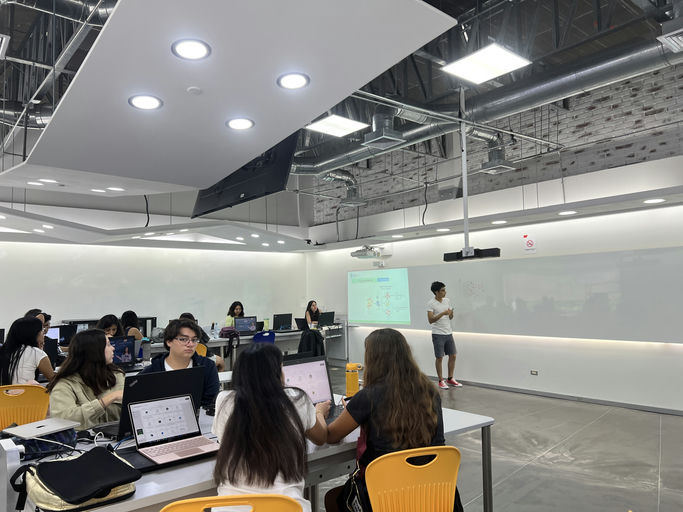
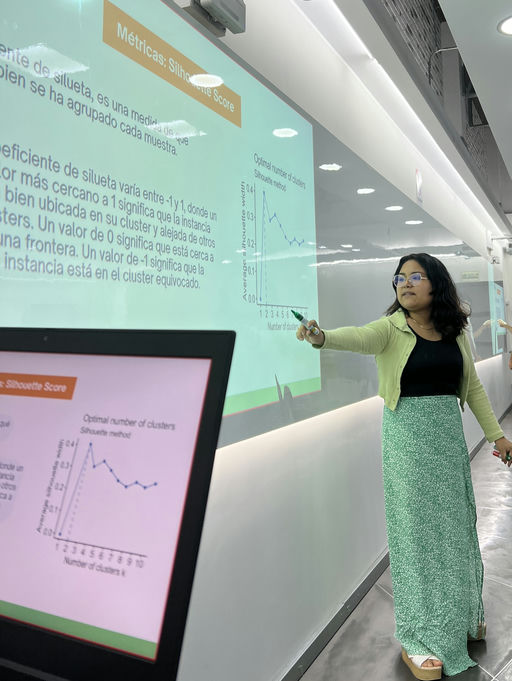
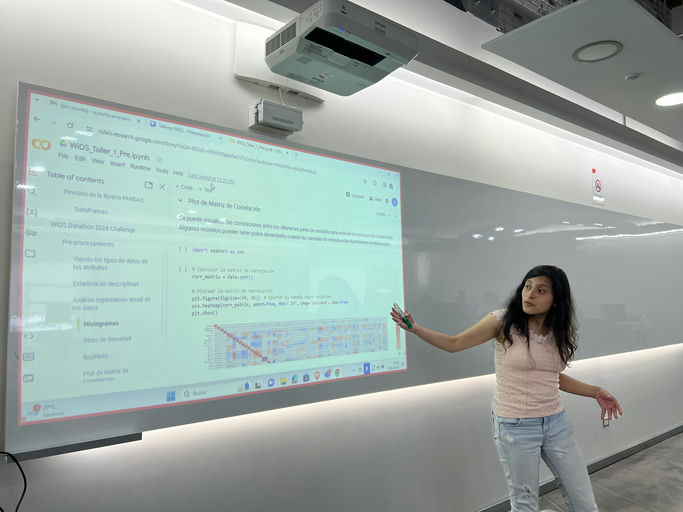
On February 16th, the event continued with the second part of the Python workshop, where attendees delved deeper into machine learning techniques for prediction and clustering. This hands-on session provided participants with practical skills and tools to apply in their data science projects, further enhancing their learning journey.
Brenda Jauregui, business engineering student at UP, shares her testimonial: “My experience at the WIDS workshop hosted by UP has been quite enriching as I gained a better understanding of the purpose of WIDS and the importance of women’s participation in various areas of data science. Additionally, I was able to network; I believe competitions like these help us improve our skills and strengthen our network of contacts.”


